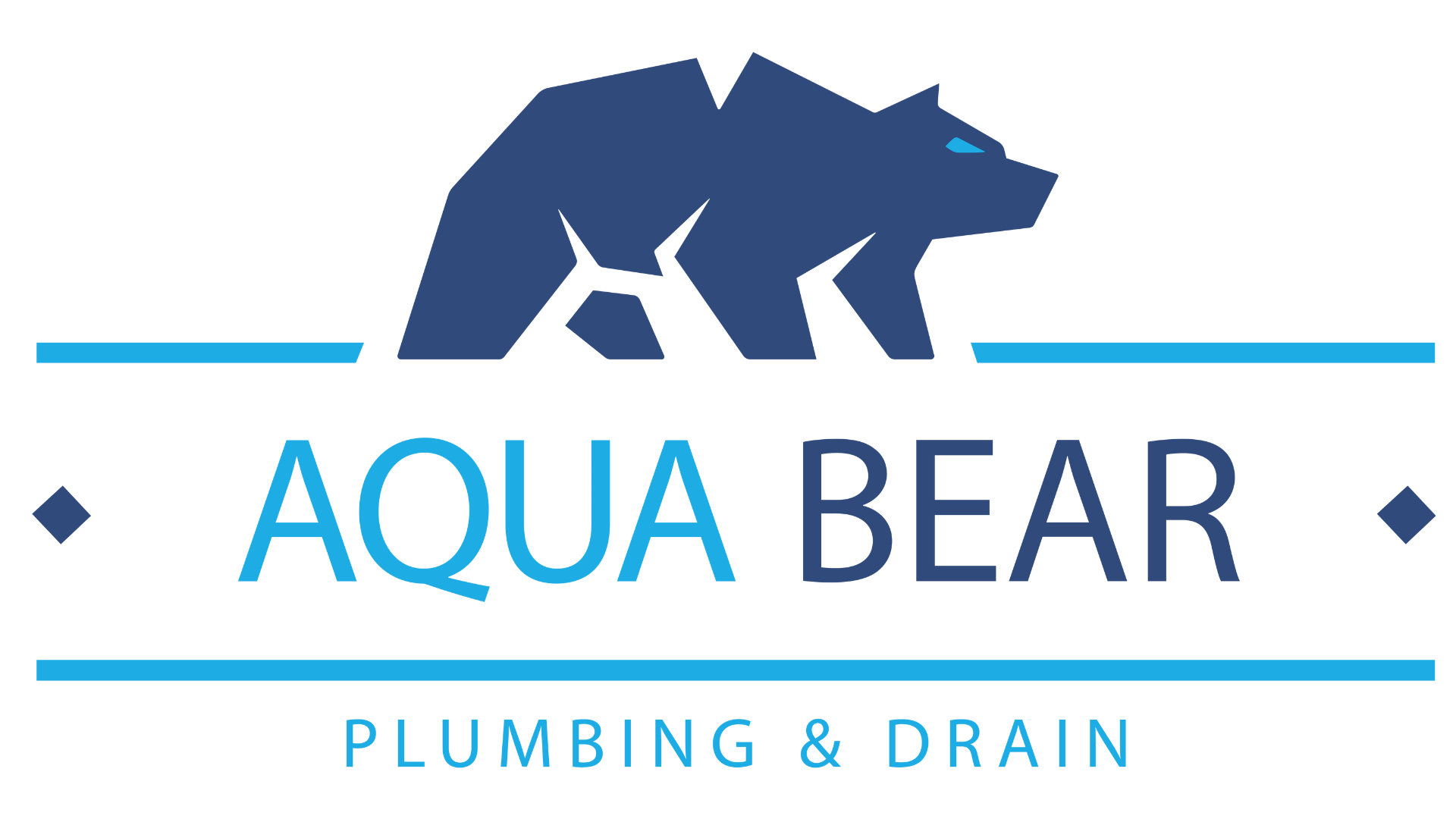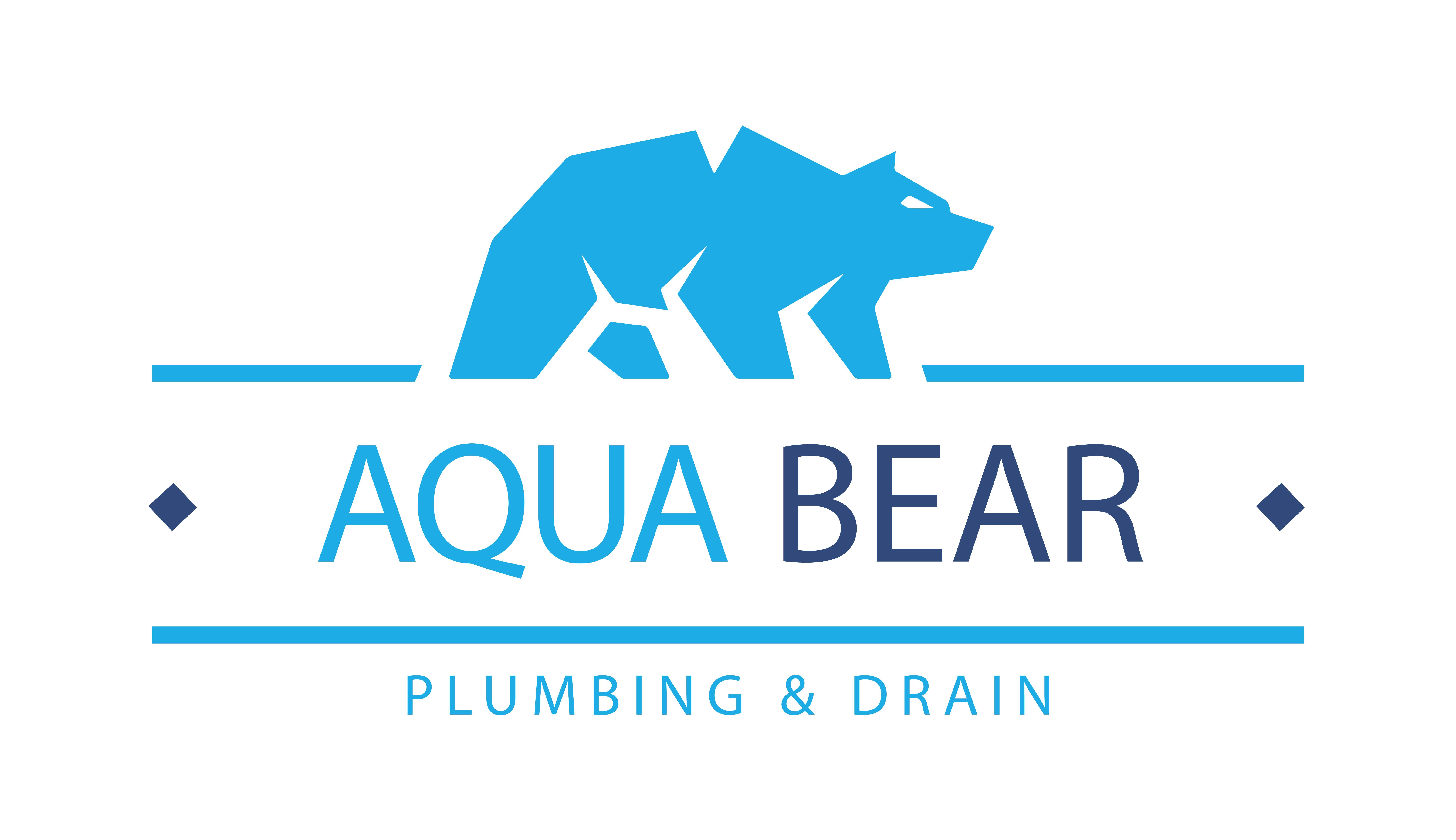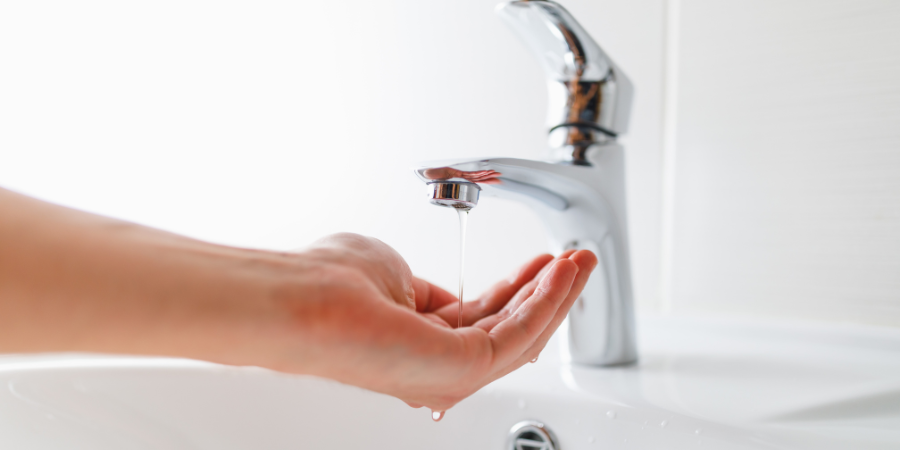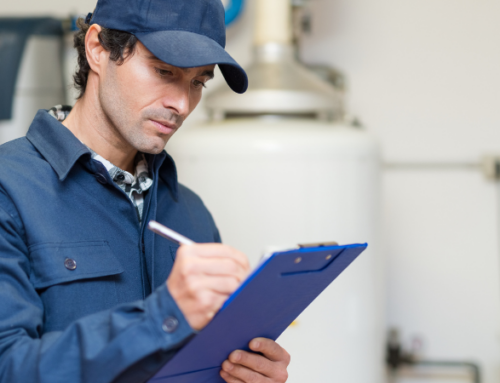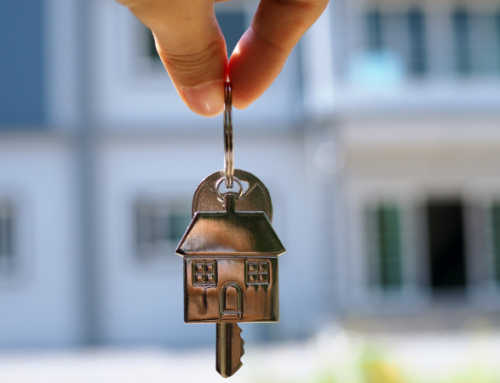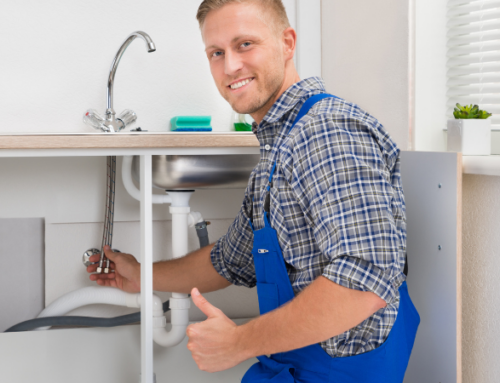Have you ever stepped into the shower, eagerly anticipating the invigorating stream of water, only to be met with a disappointingly weak trickle? Low water pressure can be a frustrating and inconvenient issue that affects our daily routines, from showering to washing dishes and even gardening. A variety of factors can contribute to this problem, and understanding these causes is key to finding a solution. In this blog, we will explore the common causes of low water pressure and provide guidance on how to diagnose, address, and prevent these issues from plaguing your home or commercial property. So, let’s dive in and unravel the mystery behind low water pressure!
Pipe Corrosion
Pipe corrosion occurs when the interior of the pipe reacts with water and other substances, causing it to deteriorate over time. As corrosion builds up, it narrows the pipe’s diameter, restricting the flow of water and ultimately leading to reduced water pressure.
Clogged Pipes or Fixtures
Clogs can be caused by a buildup of minerals, sediment, or foreign objects in your pipes or fixtures. These blockages reduce the water flow, resulting in diminished water pressure. Regular maintenance and cleaning can help prevent clogs and keep your water pressure at optimal levels.
Water Leaks
Leaks can occur in various parts of your plumbing system, such as in pipes, joints, or fixtures. When water escapes through these leaks, it reduces the overall water pressure in your system. Identifying and repairing leaks promptly is essential to maintaining proper water pressure.
Pressure Regulator Issues
Pressure regulators control the water pressure entering your property from the main water line. If a regulator malfunctions or is incorrectly set, it can cause either excessively high or low water pressure. Having a professional inspect and adjust your pressure regulator can help resolve such issues.
Municipal Water Supply Issues
Sometimes, low water pressure can be traced back to problems with the local water infrastructure, such as aging pipes or pump failures. Additionally, peak usage times, when many people in your area are using water simultaneously, can temporarily lower water pressure. In such cases, it’s essential to collaborate with your local water authorities to address these concerns and improve water pressure.
By examining each of these common causes, you can determine which factors might be contributing to your low water pressure situation and take the necessary steps to restore the efficient flow of water in your home or commercial property.
Looking For A Plumbing Company In North County?
If you have low water pressure in your North County home, we can help! Our team of professional plumbing technicians has decades of experience identifying and repairing plumbing problems. Contact us today to schedule an appointment!
